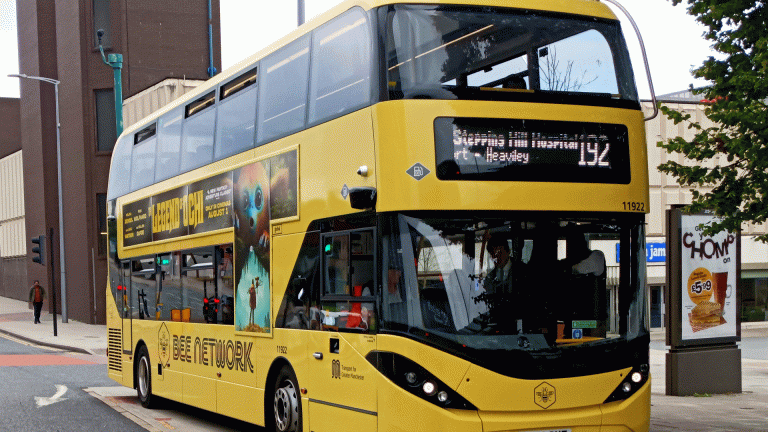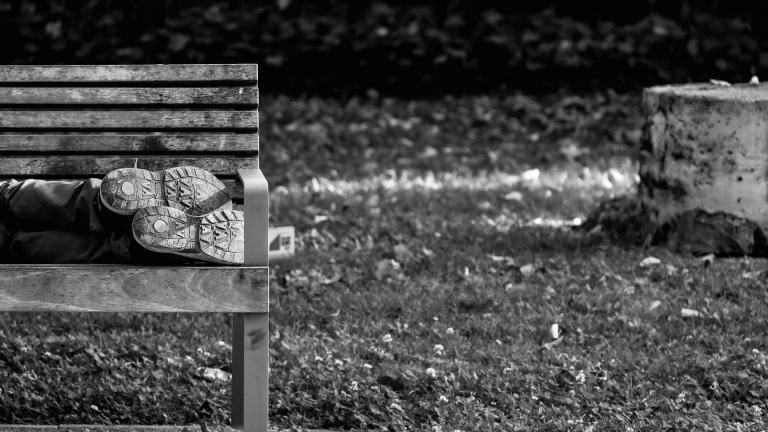There is hope in the wonderful, heartwarming scenes of people from all sides coming together after the riots to clean up and repair the acts of the thugs. There is no quick fix for our issues, but if we can all pull together we can make it better for all.
AC Zacharski
Big thanks
I buy the Big Issue fairly regularly, mainly because it gives a perspective on the world that you don’t find elsewhere. And I’d like to say I especially look forward to Paul McNamee’s editorials and John Bird’s articles. And the sudoku! The rest is good too. Thank you.
Chris Taylor, Oxford
Hard Labour
It is beyond shameful that a so-called Labour government is hell-bent on continuing the disastrous Tory austerity policies that have claimed so many lives and plunged millions more into utter destitution.
It’s economically illiterate and it causes suffering to the whole country – but it will continue because it funnels all our funds to the already wealthy, many of whom have our politicians in their back pockets.
Advertising helps fund Big Issue’s mission to end poverty
When’s the general strike, again?
Jenni Milward, Facebook
Second sight
I LOVE to buy second hand but sometimes I think we overlook the fact that second hand was once first hand, and that those who shop “new” make second hand possible.
It’s an unpopular reality, but it’s also true. Charity shops are laden with fast fashion.
These clothes that committed second-hand buyers invest in are a product of the same supply chain, the one causing environmental issues and mistreating workers, many of whom are women.
So, second hand is awesome but it’s clearly not the solution. The solution can only be to produce significantly less in the first place and only use natural fibres.
Advertising helps fund Big Issue’s mission to end poverty
But who’s going to tell @hm @zara @mango @primark?
@Boo_bamboo__, Instagram
University challenge
The article in issue 1630 highlights that many universities are struggling with their funding. Yet two million undergraduates are spending some £17,000 each year on academic fees and lodging costs for this £35 billion industry. The last government, finding that many graduates are predicted to earn insufficient income to pay off their £50,000 student loan, increased the payback from 30 to 40 years – virtually the whole working life for many.
Sixty-two years ago, I and most future professionals left school aged 16/17 with four or more O levels and, over the following 10 to 12 years, were paid – yes, paid – to attend colleges as part of our professional training. We became chartered engineers, chartered accountants etc around age 28 and proceeded to be employed without training debts. With the expectation now that future professionals should attend university, employers are saving five years of salaries as the mainly 16- to 17-year-old students obtain their A levels/BTECS and degrees.
I am not convinced that university graduates are as competent as their earlier professionals who, as well as attending college, gained extensive early practical experience. My advice to the parents of any child starting their two-year study for O levels is to consider taking paid apprenticeships, which can lead to NVQ 7 (degree equivalent) qualifications and good salaries without training debt.
Employers, if you need university graduates please pay for them or universities may well have to close down. Meanwhile, the professionals with good salaries are able to donate to organisations such as Big Issue helping those living in poverty to move on to a more secure future.
Advertising helps fund Big Issue’s mission to end poverty
Jonathan Clark
Do you have a story to tell or opinions to share about the riots in the UK, or any other of these topics? Get in touch and tell us more. Big Issue exists to give homeless and marginalised people the opportunity to earn an income. To support our work buy a copy of the magazine or get the app from the App Store or Google Play.









